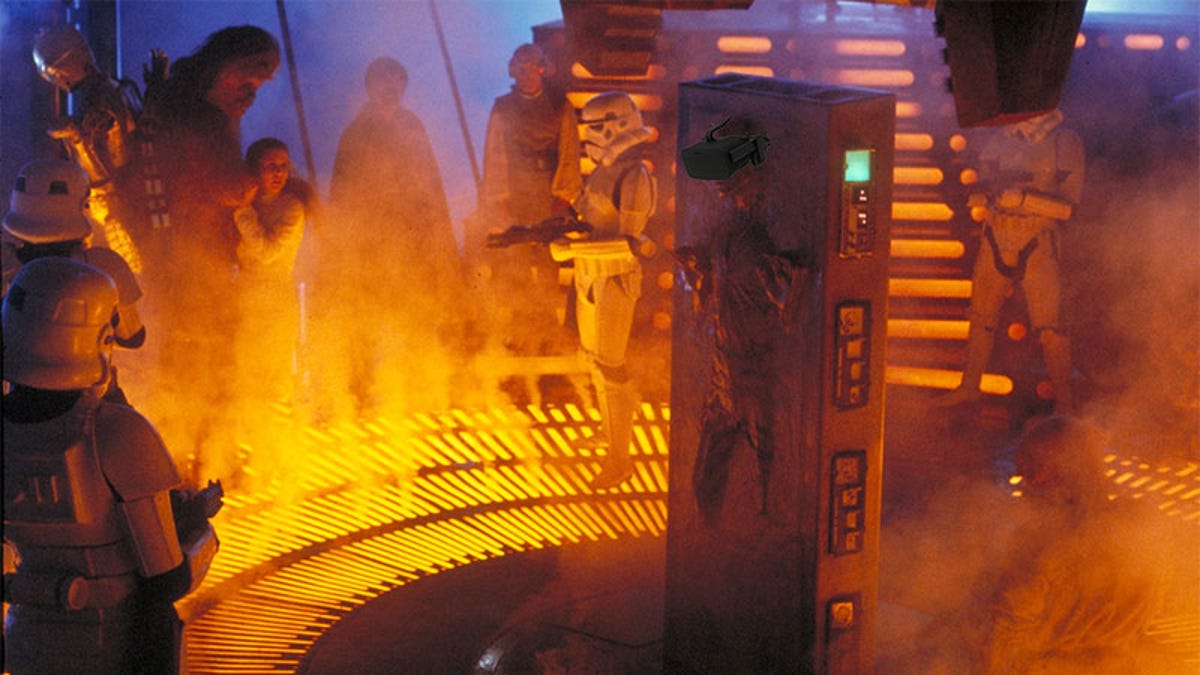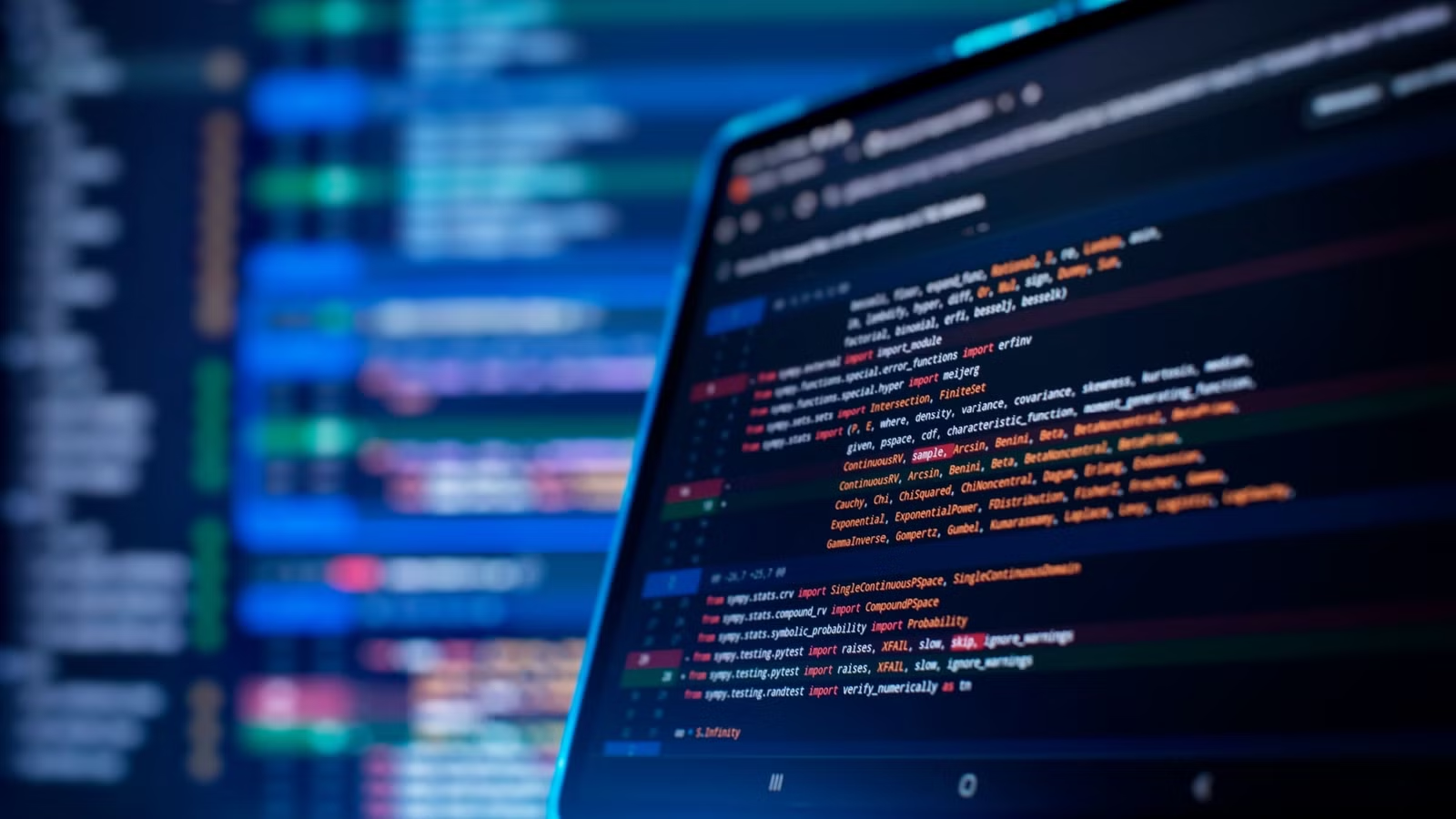John Carmack Has Some Great Advice About Games Preservation

Doom co-creator John Carmack, legendary game designer, rocket guy and VR enthusiast, left Meta/Facebook late last year after a decade working on the company’s virtual reality efforts. Just because he’s gone, though, doesn’t mean the company’s decisions are out of his thoughts.
Accompanying the news last week that Meta had blown through almost $14 billion on failed VR bullshit was the announcement that Echo VR—a game first released on the competing Rift system before its developers were bought by Facebook—would be shutting down.
It was far from the only game to be killed off last week, with Rumbleverse and Knockout City suffering similar fates, their collective departures helping remind us that modern video games have a serious longevity problem, in that once discarded by publishers they’re extremely vulnerable to simply disappearing forever.
It’s a problem that Carmack recently addressed, sending a lengthy statement to UploadVR last week that covers all kinds of angles surrounding Echo VR’s shutdown. The stuff I’m mostly interested in, though, are all the bits about how it’s important for studios to keep old games alive, and that cost and manpower shouldn’t be the only things they’re thinking about when making those decisions.
“Even if there are only ten thousand active users, destroying that user value should be avoided if possible”, he says. “Your company suffers more harm when you take away something dear to a user than you gain in benefit by providing something equally valuable to them or others.”
Of course, his experience with this stuff is largely built on his time at id Software, whose older games—like Doom and Quake—were slightly more popular than some random VR game with only a few thousand users. His basic point is valid though! As he expands on here, with some tips built not just around good PR, but solid development fundamentals as well:
Every game should make sure they still work at some level without central server support. Even when not looking at end of life concerns, being able to work when the internet is down is valuable. If you can support some level of LAN play for a multiplayer game, the door is at least open for people to write proxies in the future. Supporting user-run servers as an option can actually save on hosting costs, and also opens up various community creative avenues.
Be disciplined about your build processes and what you put in your source tree, so there is at least the possibility of making the project open source. Think twice before adding dependencies that you can’t redistribute, and consider testing with stubbed out versions of the things you do use. Don’t do things in your code that wouldn’t be acceptable for the whole world to see. Most of game development is a panicky rush to make things stop falling apart long enough to ship, so it can be hard to dedicated time to fundamental software engineering, but there is a satisfaction to it, and it can pay off with less problematic late stage development.
To its credit, Knockout City—one of the games I mentioned above—is doing exactly this. When its existing version shuts down later this year, a new standalone release will drop that will allow for private servers, in effect letting people keep and play the game until the end of time.
Like Carmack says, there should be more of this, please!



















You must be logged in to post a comment Login